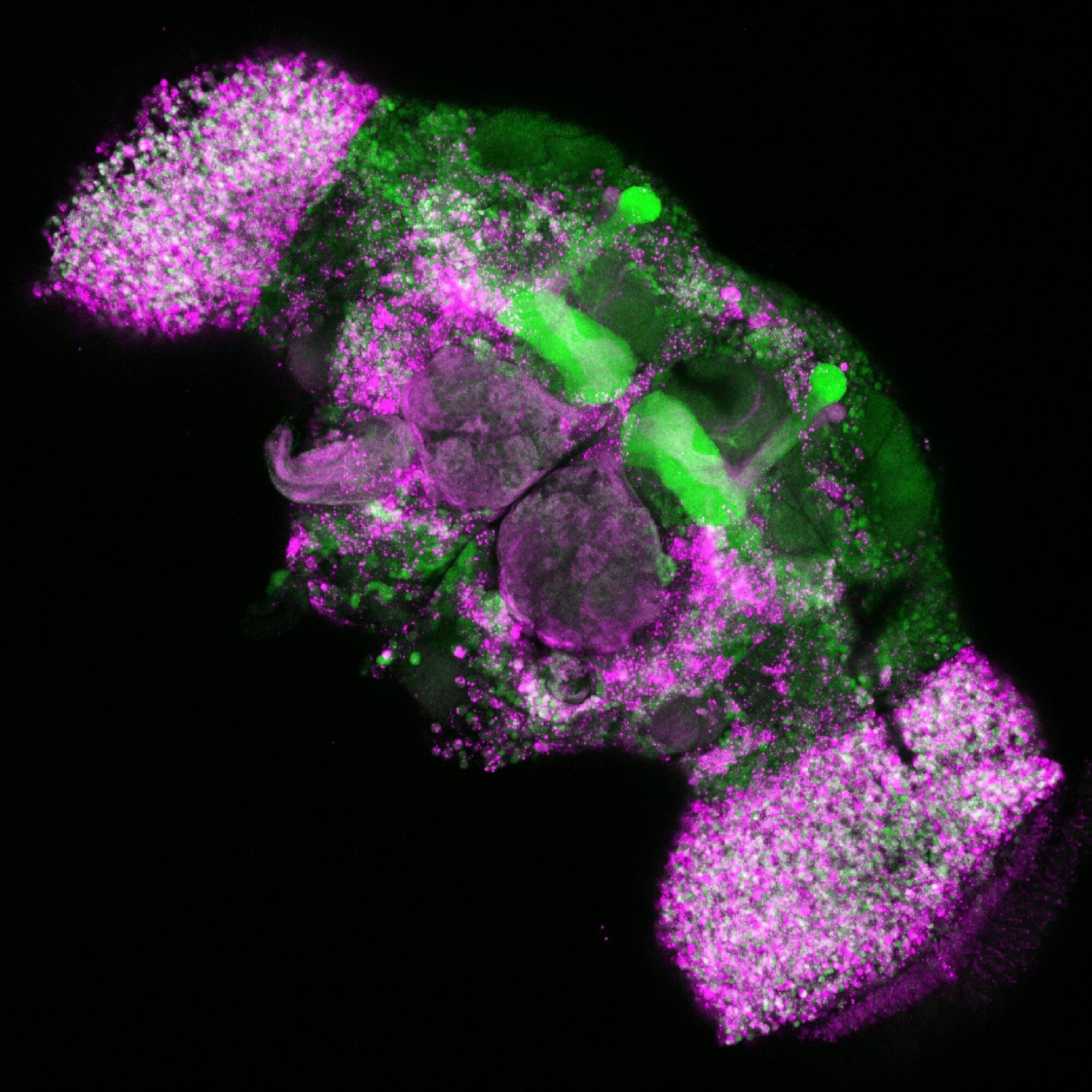Unlike most alien planetary invasion methods in the Dark Forest universe, Pluribus acts as a cosmic Trojan Horse, an interstellar gift engineered to disarm an entire civilization the moment it’s opened. Sent to Earth by an alien beacon from a relatively nearby star system, Pluribus hides behind the appearance of progress. Even if the extraterrestrial senders turn out to be benevolent, their initiative still aligns with the Dark Forest Hypothesis.
Chapters:
00:00 Pluribus Signal as a Weapon.
03:01 Galactic Disarmament.
04:10 Humanity’s Defense.
06:03 The Dark Forest Hypothesis.
Footage:
Produced in part with SpaceEngine PRO © Cosmographic Software LLC.
Some elements in this video are also made with the help of artificial intelligence.
Music:
Atlantis by Audionautix is licensed under a Creative Commons Attribution 4.0 license. https://creativecommons.org/licenses/.… to Find Stellardrone’s Music: https://stellardrone.bandcamp.com Feedback or inquiries: [email protected].







